Addiction to Exercise: A Symptom or a Disorder?
This book evaluates the psychological concept of exercise addiction from a scholastically multidisciplinary perspective. The most recent developments in the area of investigation are evaluated with reference to theory and critical analysis of extant research. The book summarizes the current knowledge about the psycho-physiological nature of exercise addiction. Further, it presents the conceptual hegemony in addressing the problem of exercise addiction within the scientific community. The characteristic and most prevalent symptoms of the disorder are discussed alongside the modes of risk-assessment. Subsequently, the underlying motives and several theoretical models of exercise addiction are reviewed. Finally, the research on exercise addiction is evaluated and directions for future research are suggested. Difference is made between primary exercise addiction in which the exercise behavior is the problem and secondary exercise addiction in which exercise is used as a means in achieving another objective, like weight loss. This book concludes with two brief sections summarizing plainly what we know today and what we still need to know about exercise addiction.
{{comment.content}}
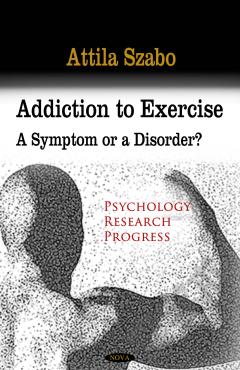
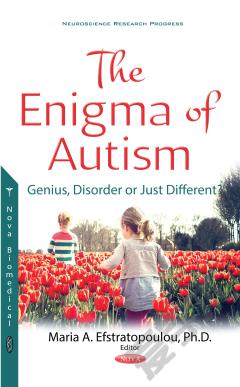
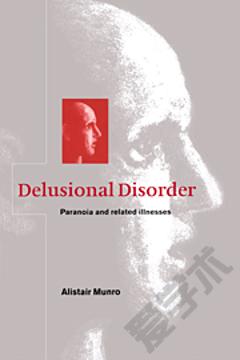
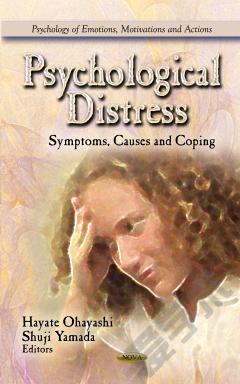
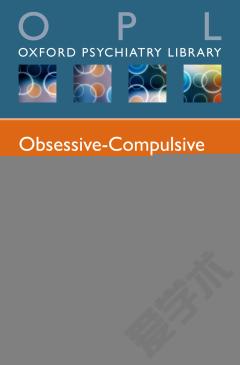



 京公网安备 11010802027623号
京公网安备 11010802027623号